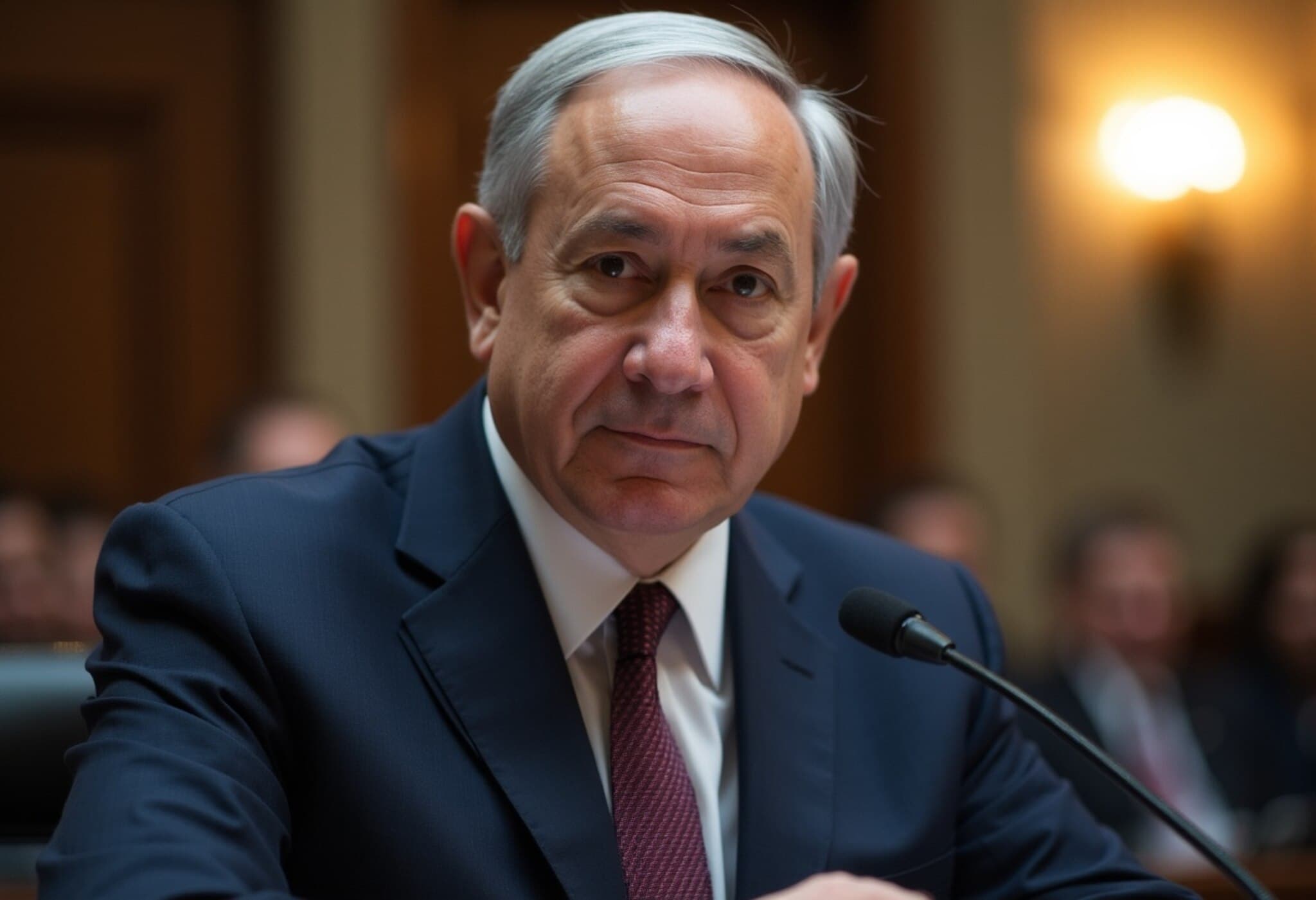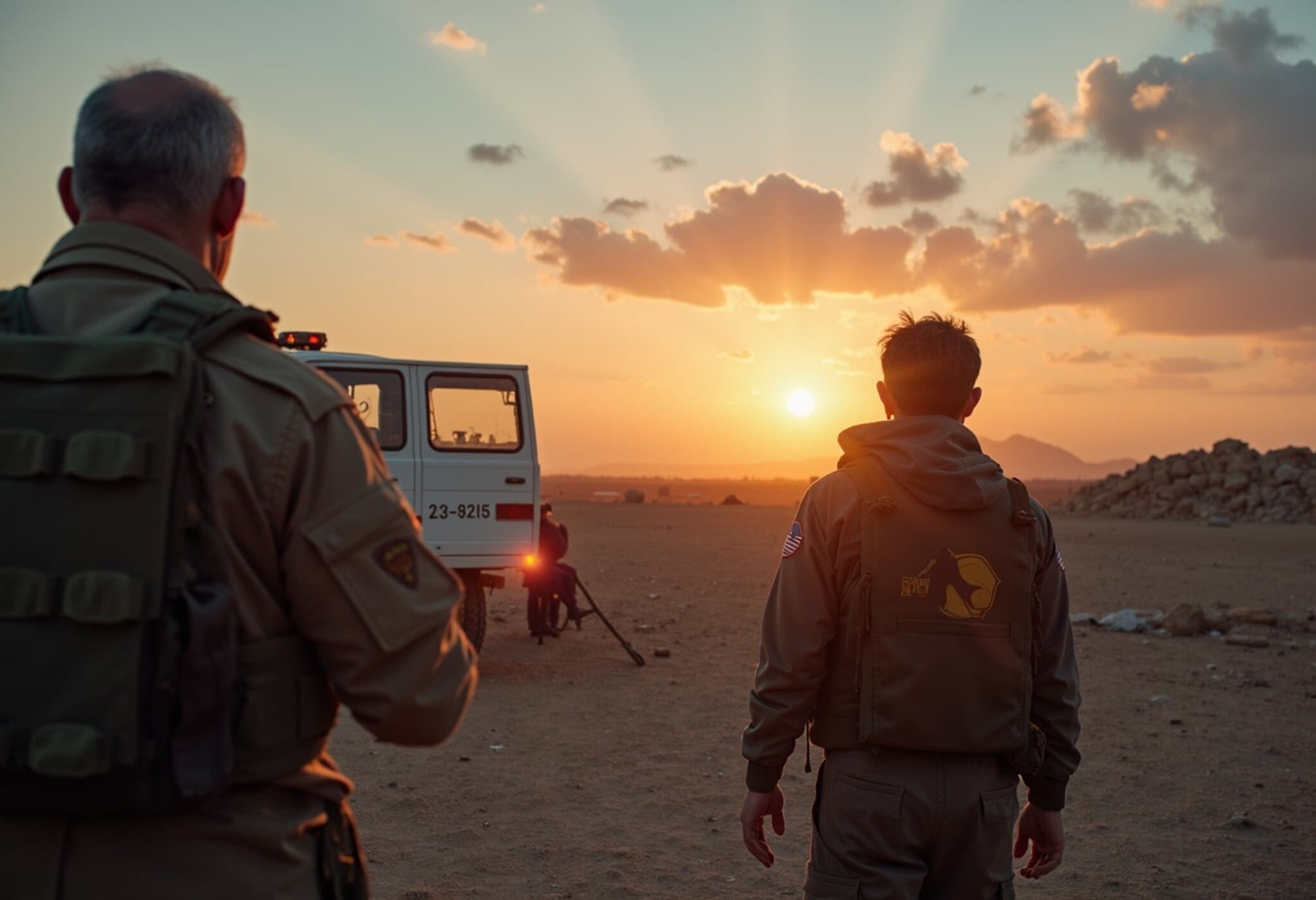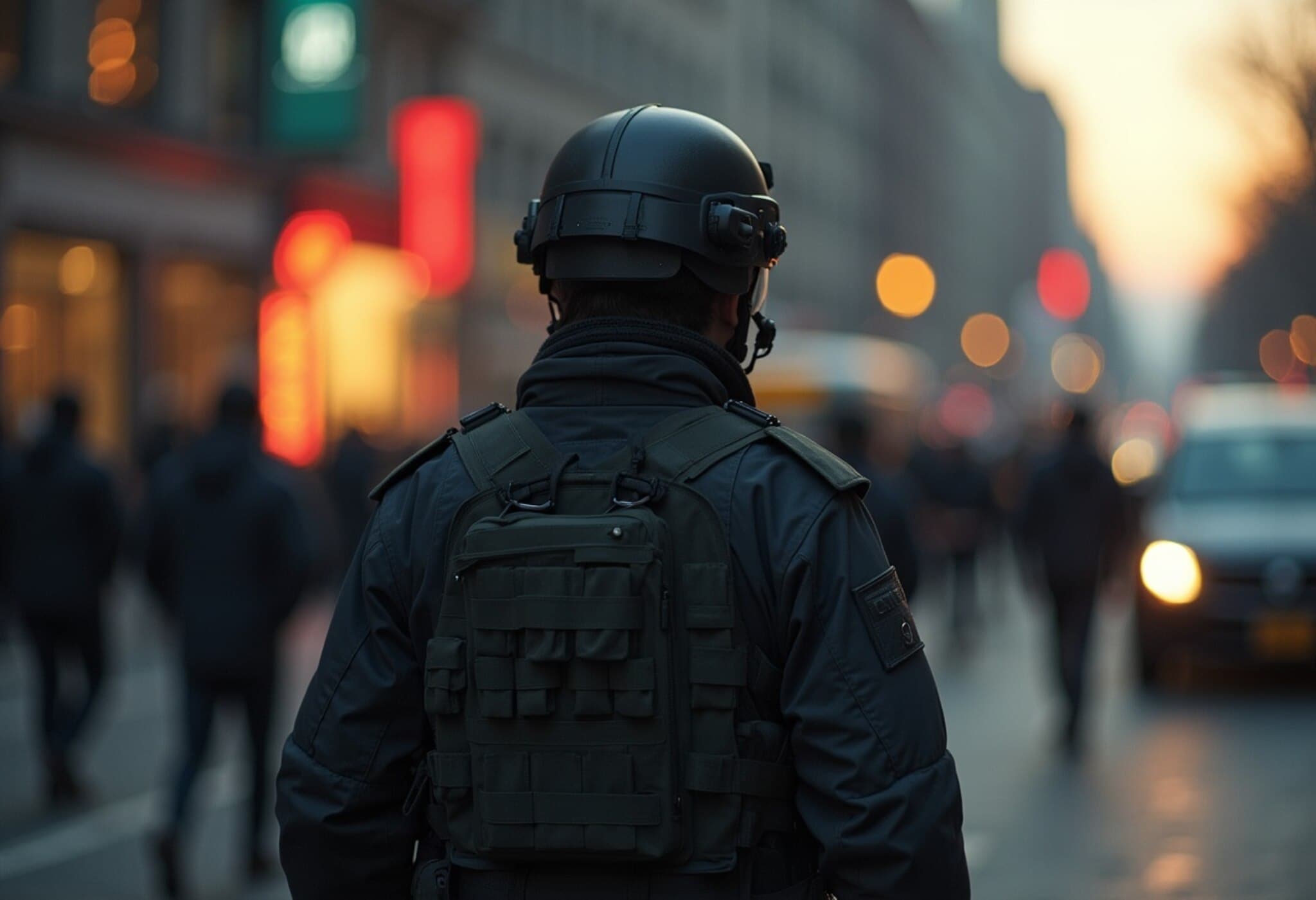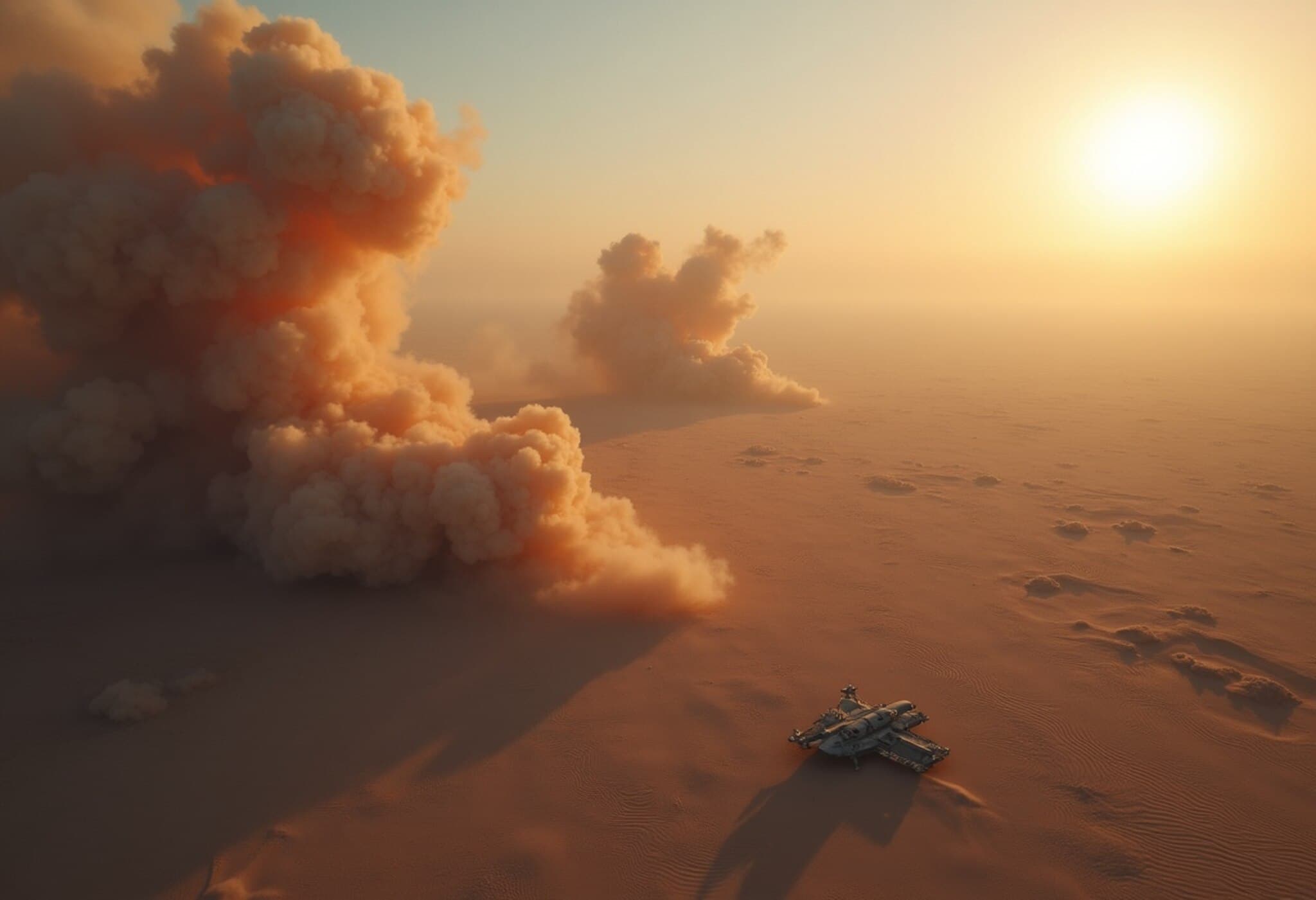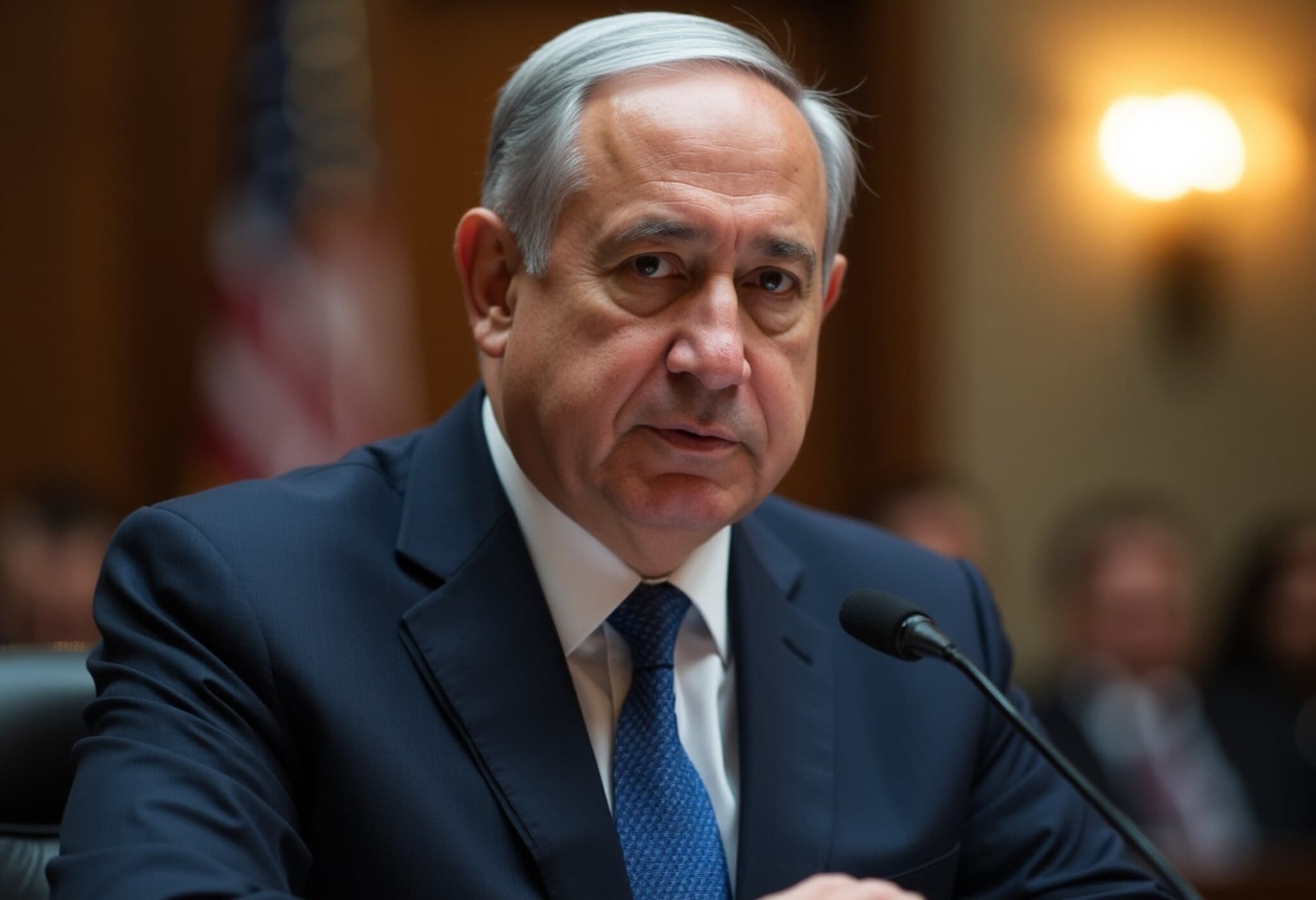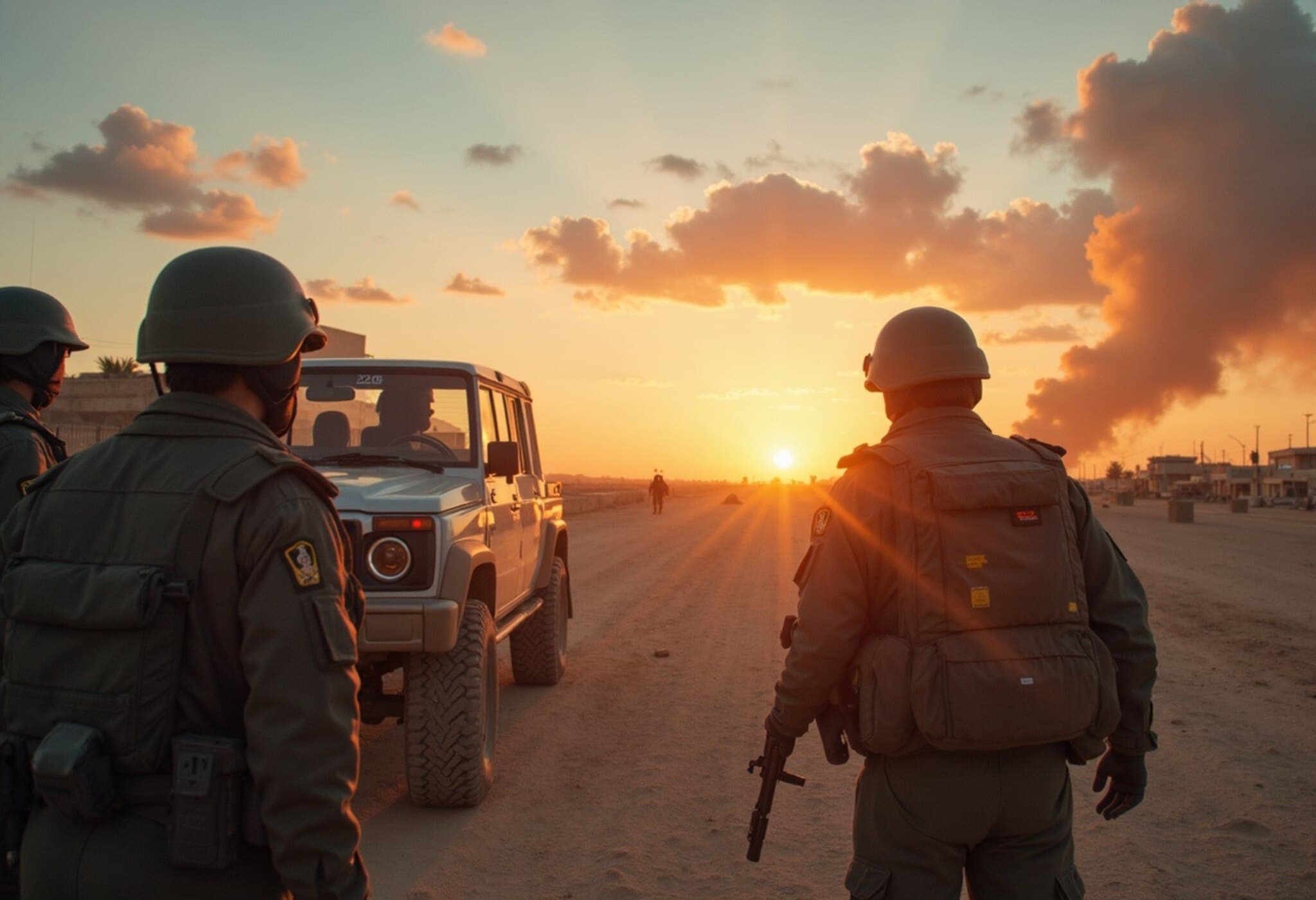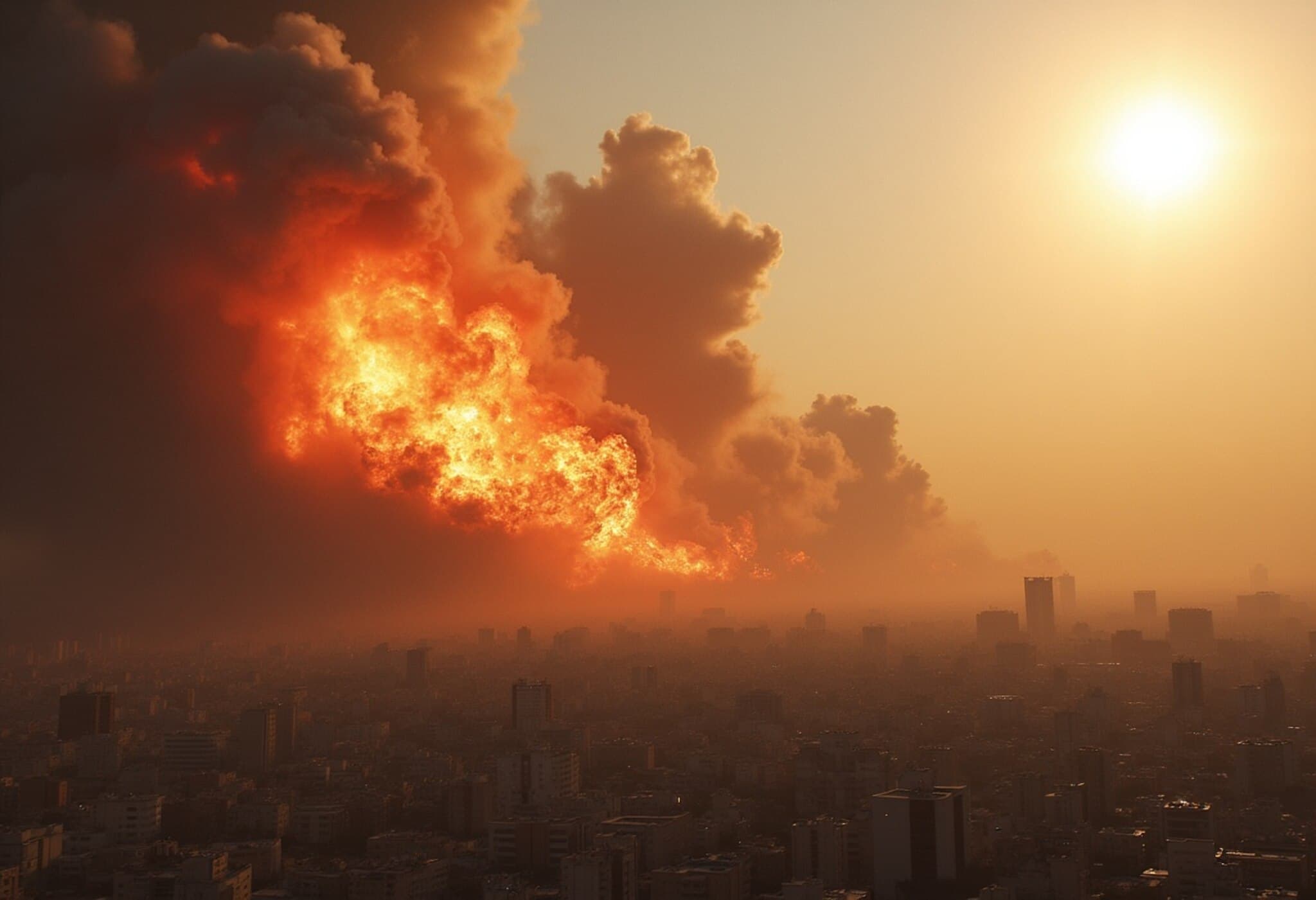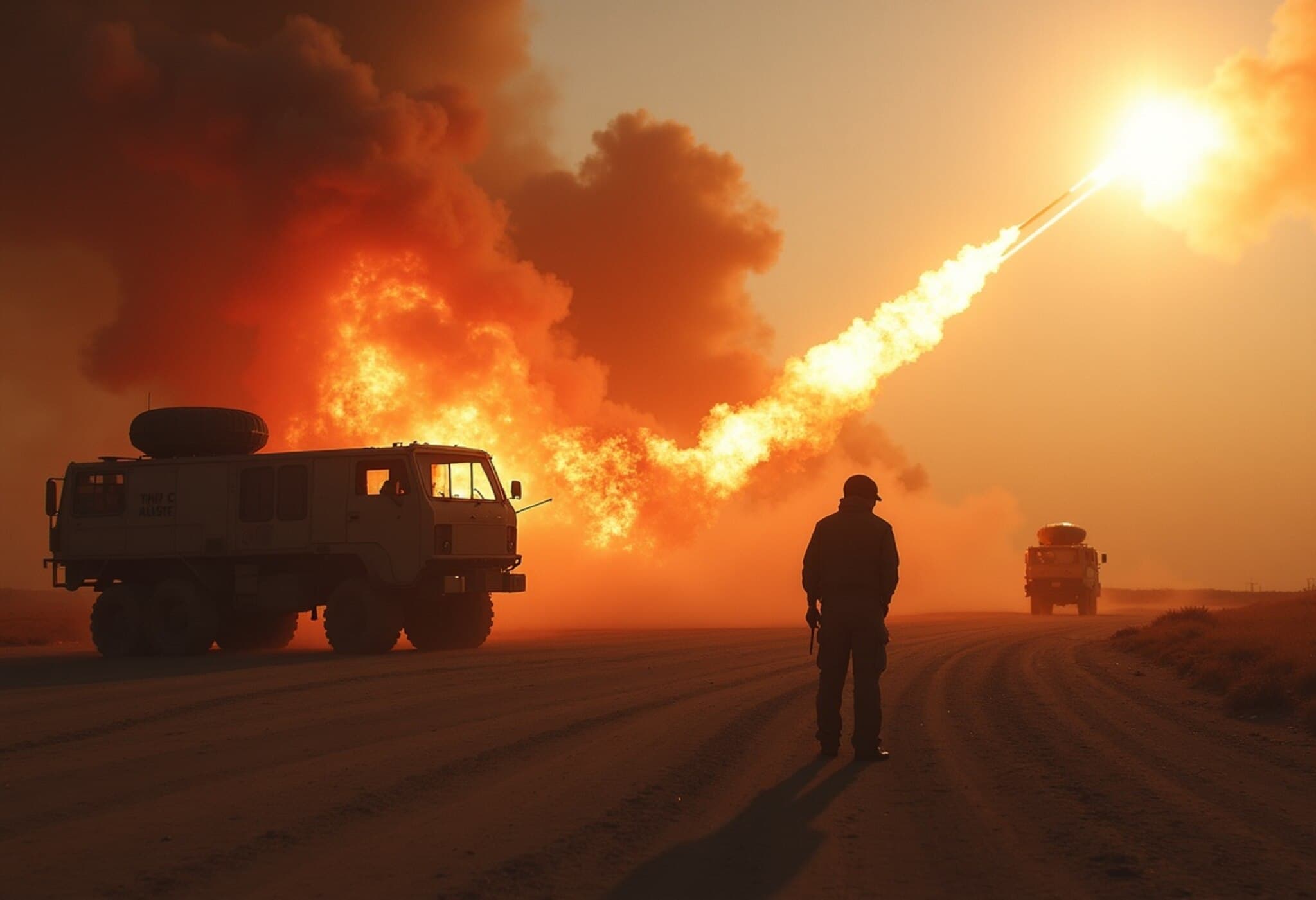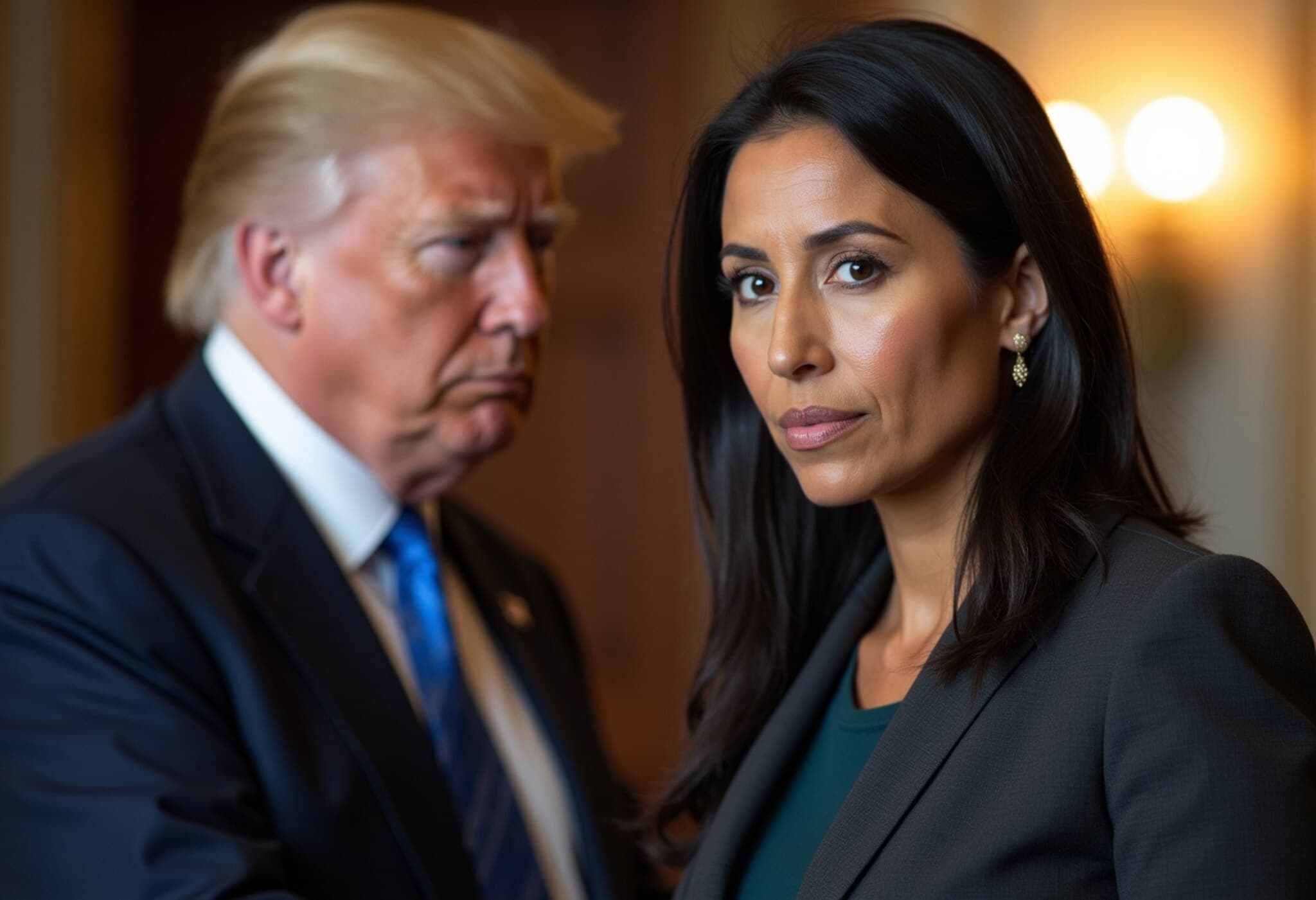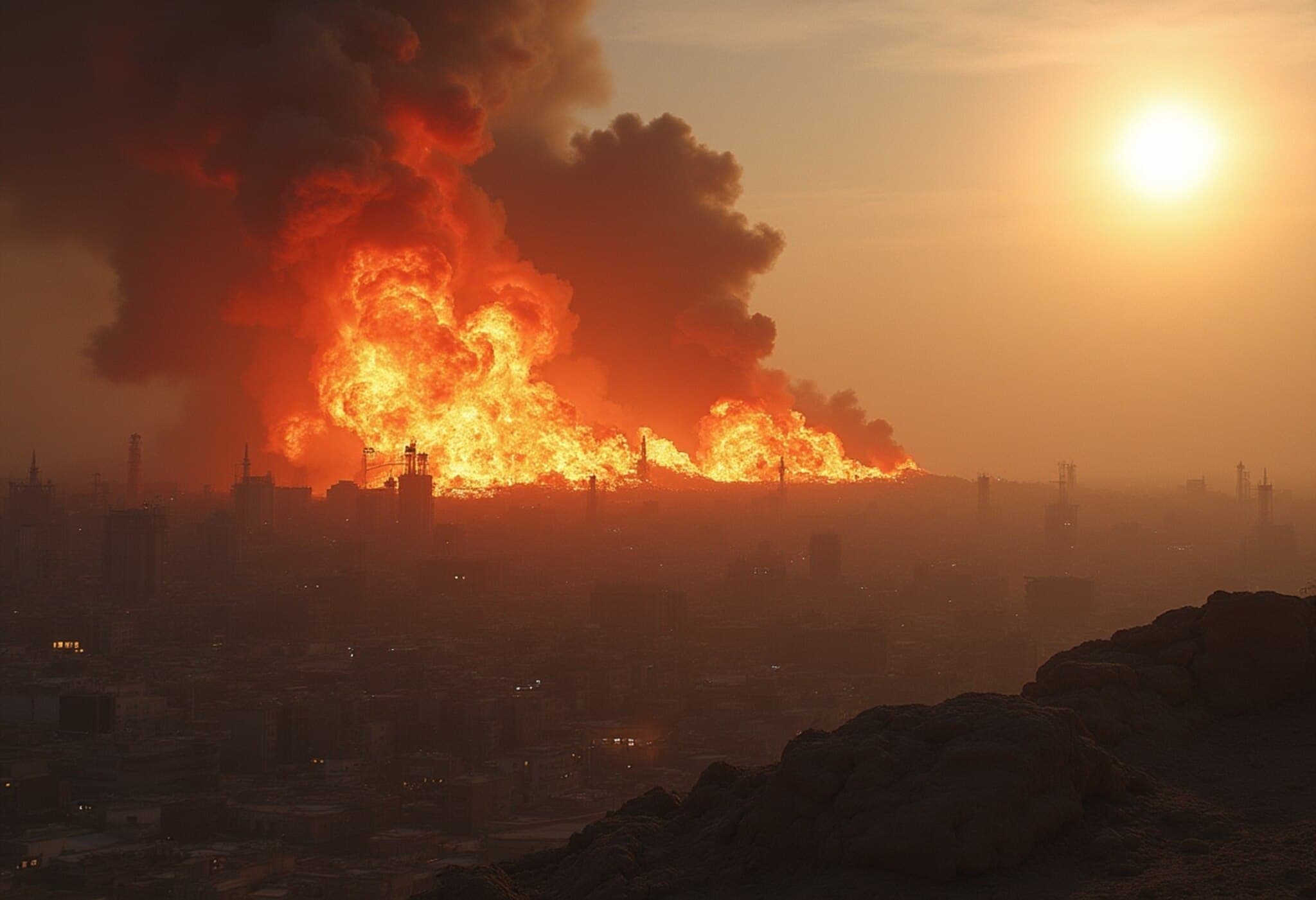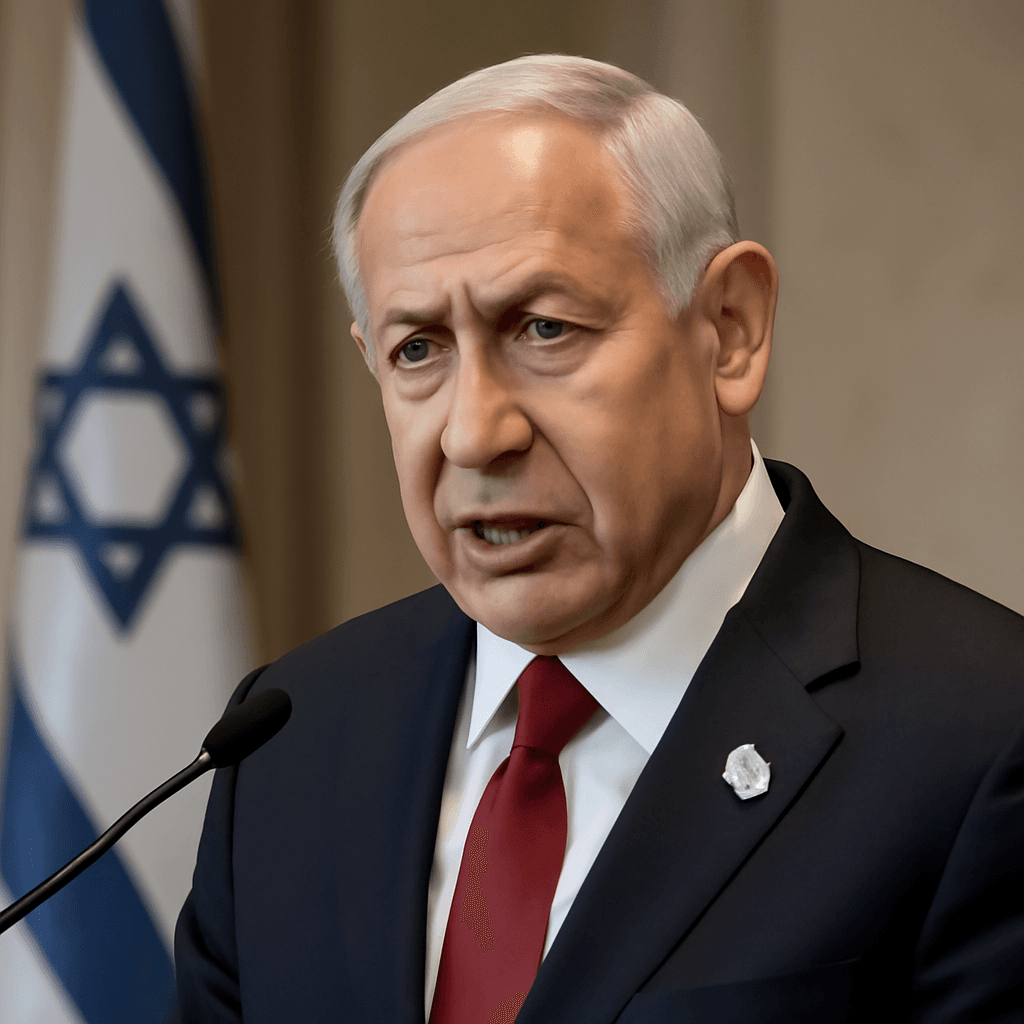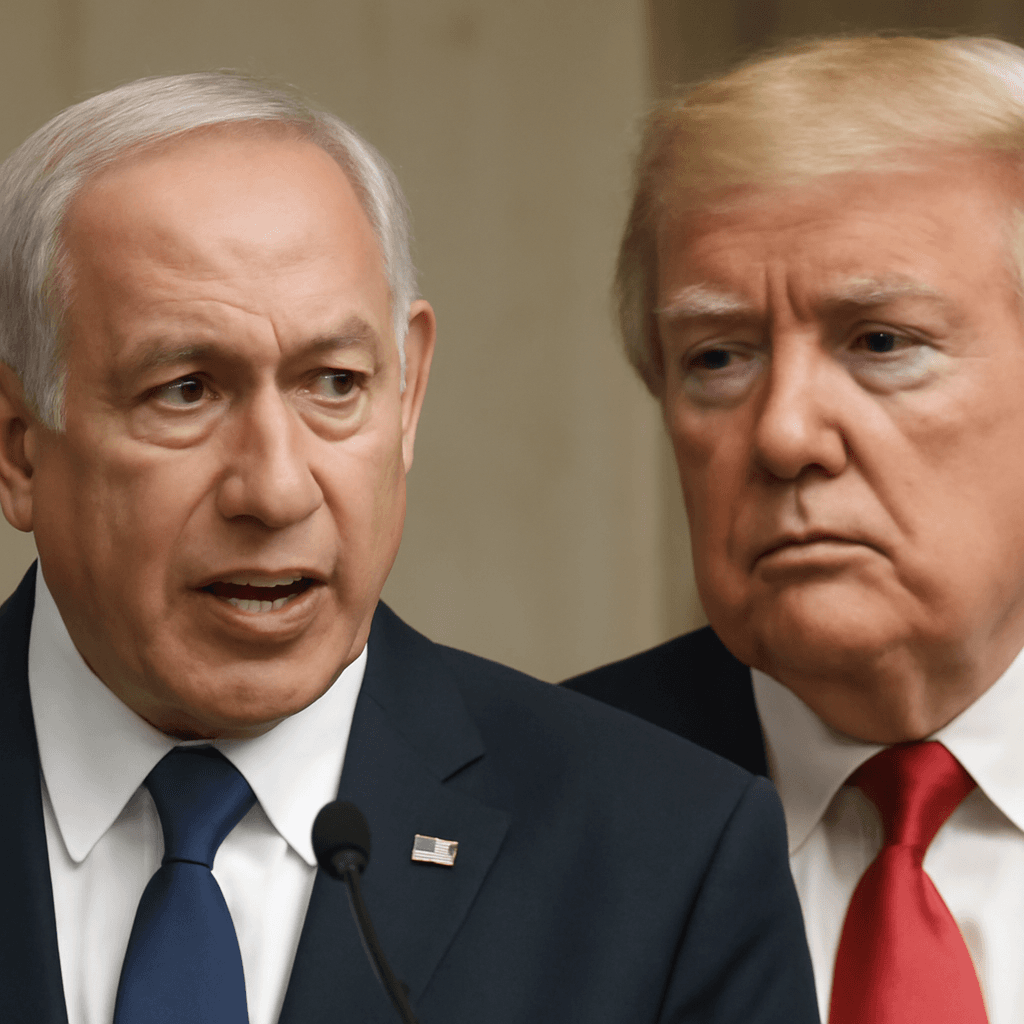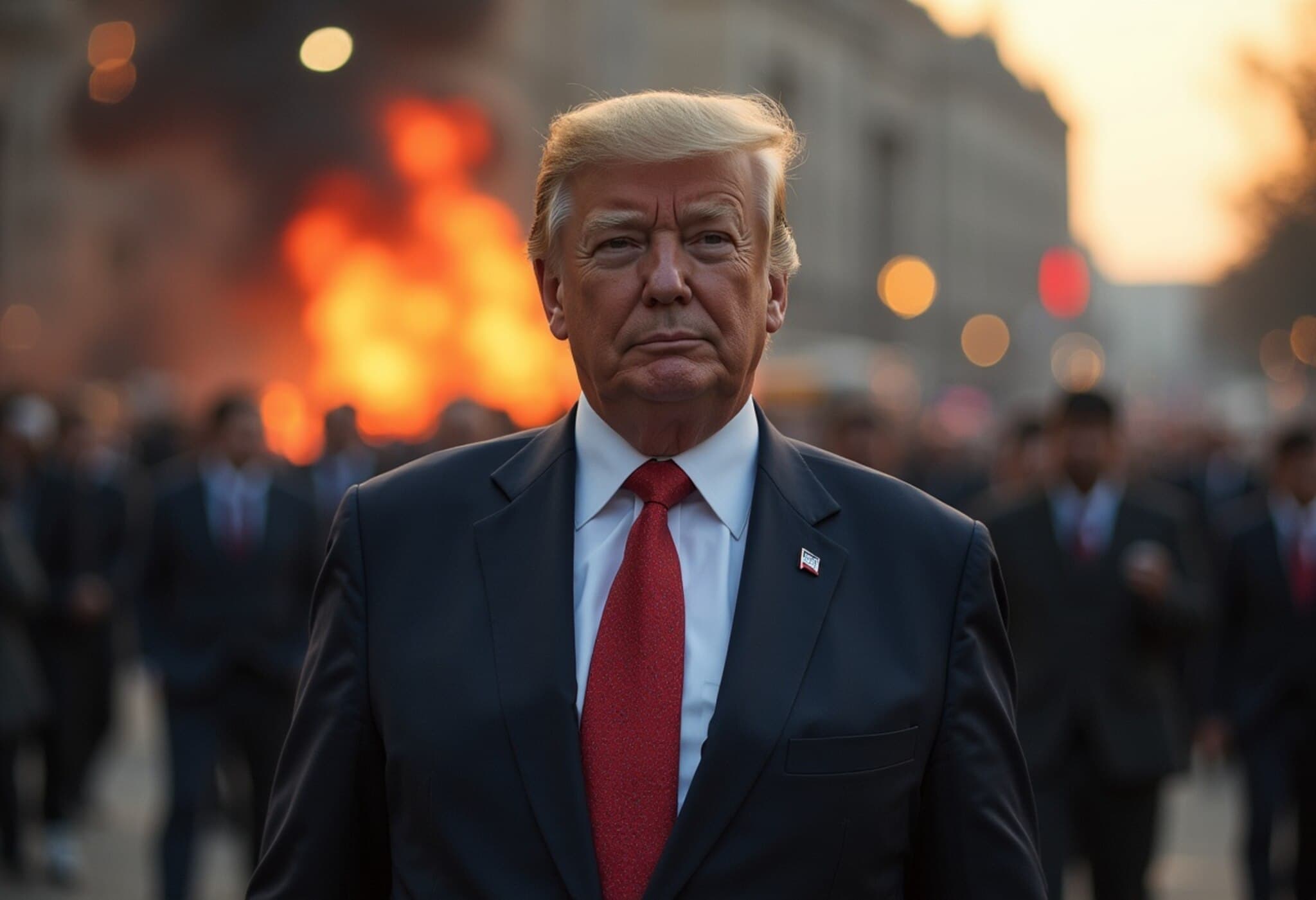Netanyahu on Israel-Iran Conflict: Fighting to End Once Objectives Met
Prime Minister Benjamin Netanyahu has reaffirmed Israel's firm stance in its ongoing operations against Iran, stating that the conflict will cease once specific objectives are achieved. Speaking to Israeli reporters, Netanyahu emphasized a balanced approach, promising to neither drag out the campaign longer than necessary nor cut it short prematurely.
Targeting Dual Threats
Netanyahu underscored Israel’s focus on neutralizing what he called the two critical threats to the nation’s security: Iran’s ballistic missile capabilities and its advancing nuclear program. "We are moving step by step towards achieving these goals and are very close to completing them," he said, stressing that the operation is deliberate and goal-oriented.
Assessing Recent Strikes and Intelligence
Addressing recent developments, Netanyahu revealed that the United States had deployed bunker-buster bombs to severely damage Iran’s Fordow nuclear site overnight, although he cautioned that the full extent of the damage was still under evaluation. Tehran, meanwhile, has vowed to defend itself at all costs.
Regarding Iran’s enriched uranium stockpile, particularly the portion refined to 60% purity—a significant step toward the roughly 90% level required for weapons-grade material—Netanyahu indicated that Israeli intelligence is closely monitoring the situation. He declined to disclose further details, underscoring the importance of the intelligence gathered.
Ending the Campaign on Israel’s Terms
In his message, Netanyahu reaffirmed Israel’s commitment to a proportional response. "We won't pursue our actions beyond what is needed to achieve them, but we also won't finish too soon. When the objectives are achieved, then the operation is complete and the fighting will stop," he declared.
The Prime Minister characterized the Iranian regime as one intent on Israel’s destruction, which justifies the ongoing campaign. This adds weight to Israel’s determination to eliminate the tangible nuclear and missile threats rather than become entangled in a prolonged war of attrition.
Background Context
Iran's nuclear enrichment beyond the 3.67% cap set by the 2015 nuclear deal escalated following the United States’ withdrawal from the agreement in 2018. Israel’s recent strikes on June 13 specifically targeted Iran’s enrichment facilities that had increased uranium purity to 60%, a figure alarmingly close to weapons-grade levels.
Looking Ahead
As Israel edges closer to fulfilling its stated goals, the international community watches closely. Netanyahu’s statements convey a mixture of resolve and caution — ensuring the campaign concludes decisively but without unnecessary prolongation. The coming days and weeks will be critical in determining the broader regional impact of these operations.

